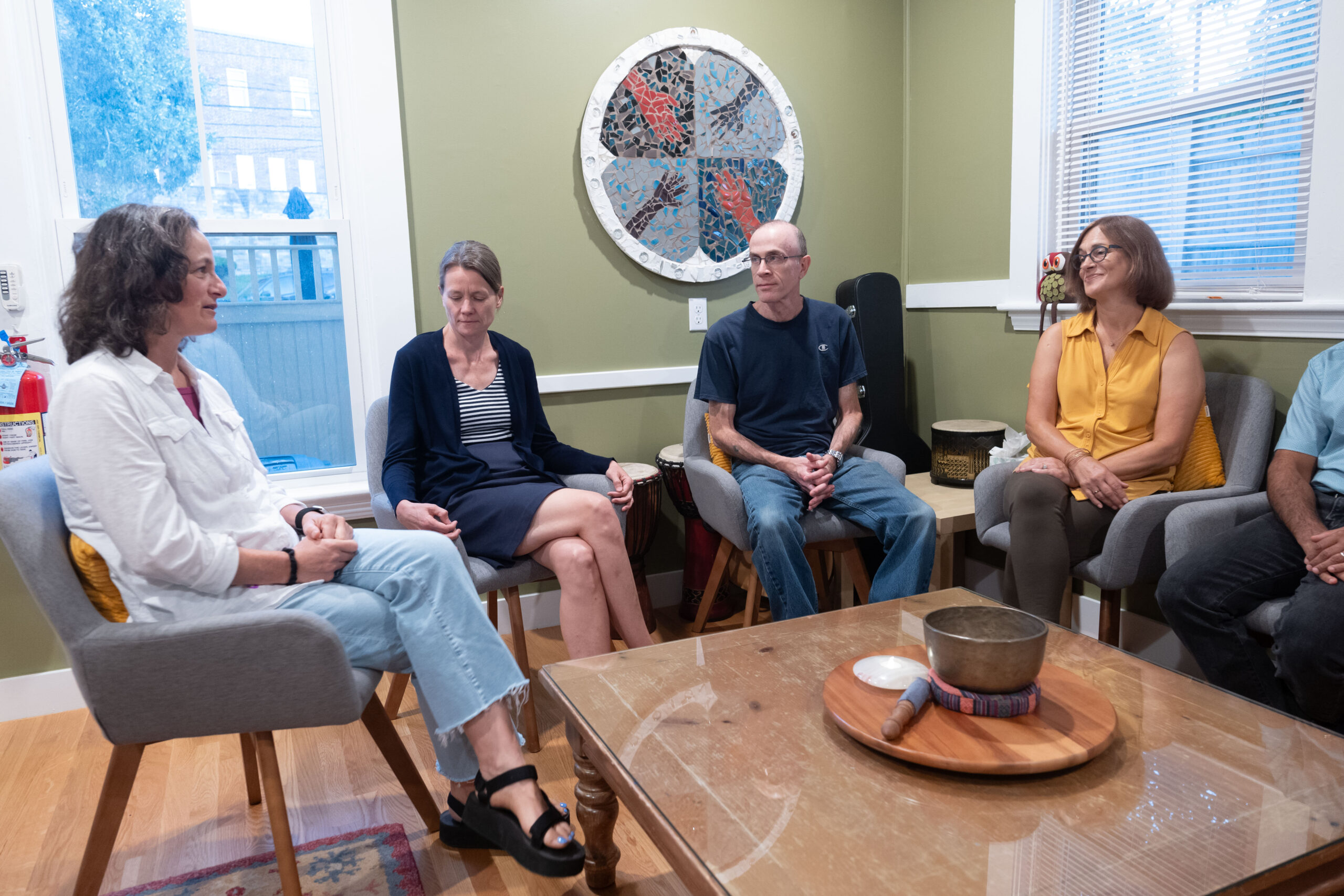Parenting can be a wonderful and constantly challenging experience. It is also exhausting, surprising, and rewarding. New parents may get videos as a resource about how to change a diaper or how to get their children to eat vegetables, but parents and caregivers don’t get a manual about how to parent when a spouse/partner or a child dies. As we recognize March as Parenting Awareness Month, it is important to consider the daunting task and responsibility of being a parent or caregiver. Understanding development, being able to grow with your child, and separating your needs from theirs are lessons that parents learn over and over again.
When there are two parents, even if they are separated and divorced, there are two. Even if it was a single household from the start, but the other parent has now died, it leaves the solo parent to be both parents to the child – the tutor and the fun one, the person who makes pancakes and teaches math, the person who teaches driving and the person who has to read the bedtime story. As we think about the many tasks of parenting, when a parent dies, those who are caring for grieving children often wonder how to make sure these children will develop normally, will be able to express their grief, and will be “ok” in the future. The parent or caregiver who may also be grieving may not always feel they have the skills or the capacity to set limits or to deal with a range of their own and the child’s emotions.
At The Children’s Room, we offer a 6-week series to help parents and caregivers of grieving children navigate these challenges. The series is primarily psychoeducational, with a focus on assisting adults to gain more knowledge and skills in the area of parenting children who have experienced the death of a parent or sibling. Many of them may also be grieving themselves, so it is essential to navigate things like communication and discipline of the children with the adults’ grief and self-care. We cover topics such as basic development and how this intersects with a child’s understanding of death at different ages and the way children grieve. Other topics include listening, communication, problem-solving, self-care, commemorating holidays, anniversaries, birthdays, and other special events. Our participants have also found that this series does provide support and the experience of knowing they are not alone in raising grieving children. Some take this as their first introduction to services at the Children’s Room out of their primary concern for the grieving children they care for. Others take it as they come to discover how their children are coping with the death. Regardless of when they participate in this series, the feedback is that the series helps them know they are not alone and supports their questions about how to do this over time.
Parenting is a hard job, and spreading awareness that being with others who understand and who can learn to better parent children who are grieving can be empowering and help parents and caregivers feel less alone. They learn more about the importance of caring for themselves to better care for the children and that everyone can grow and learn to integrate the loss over time.
CLICK HERE to learn more about our Parenting While Grieving Series.
This entry is by Dr. Nancy Frumer Styron, Clinical Director for Education and Training.



